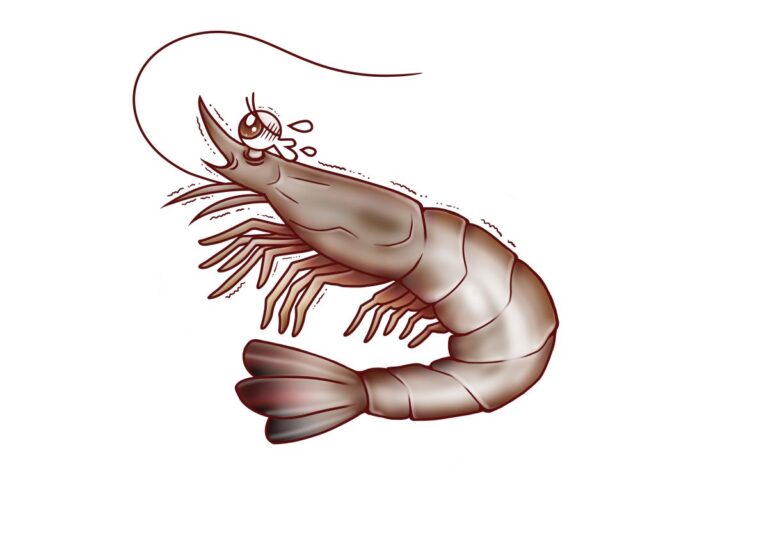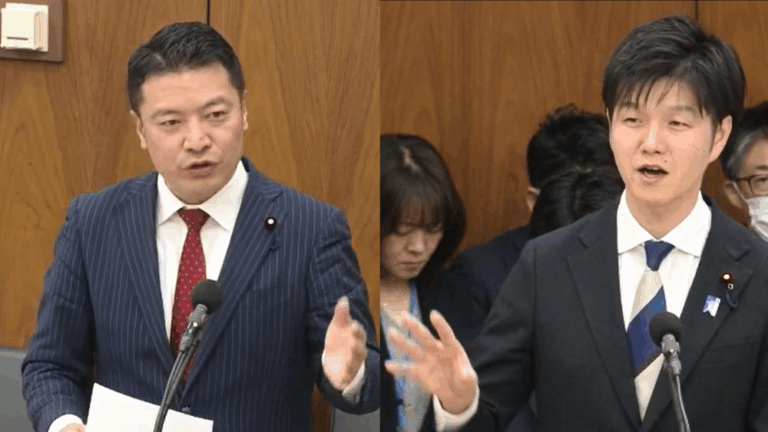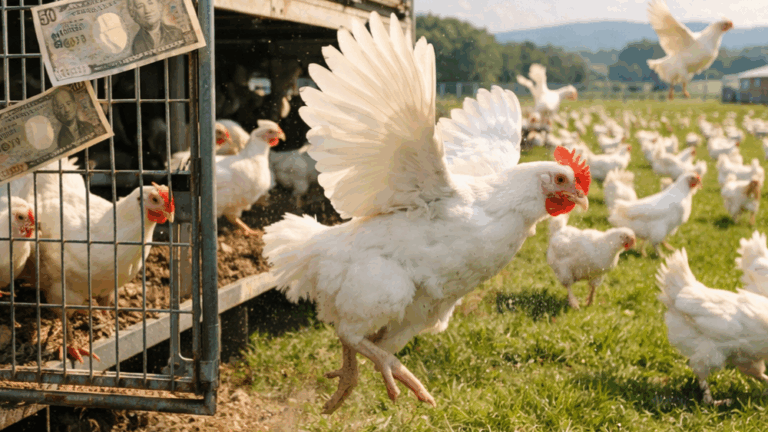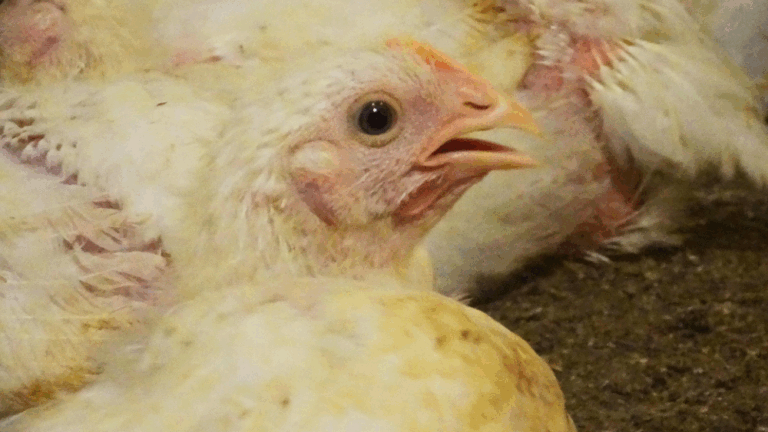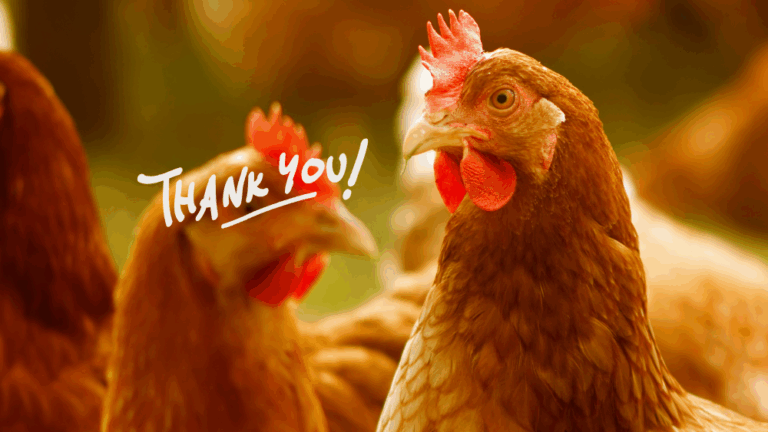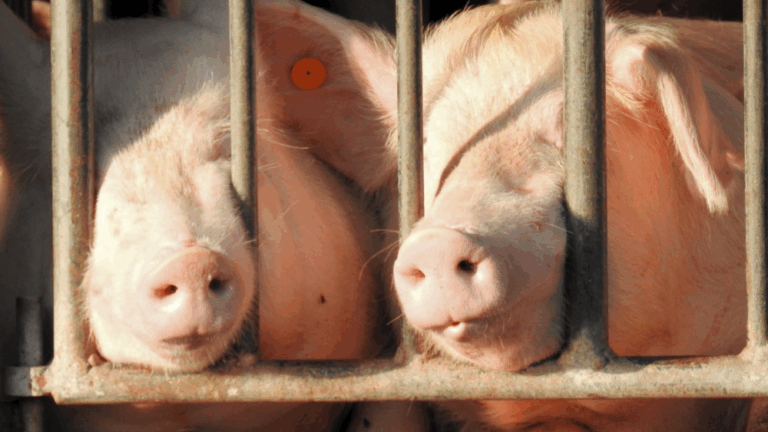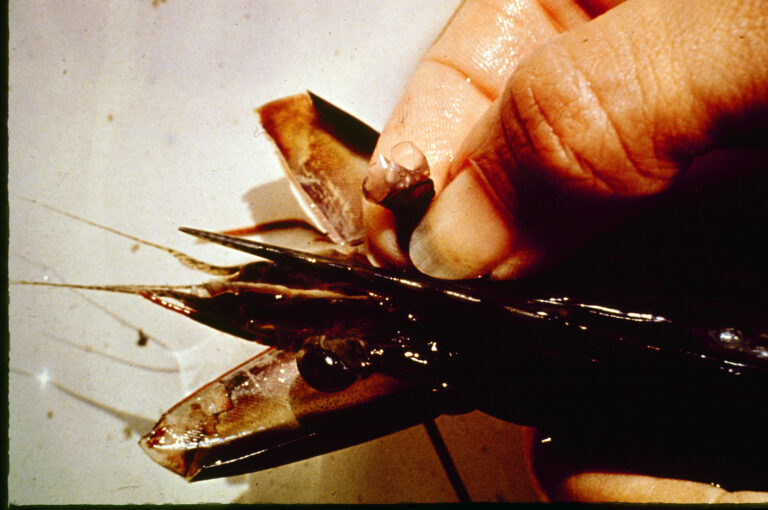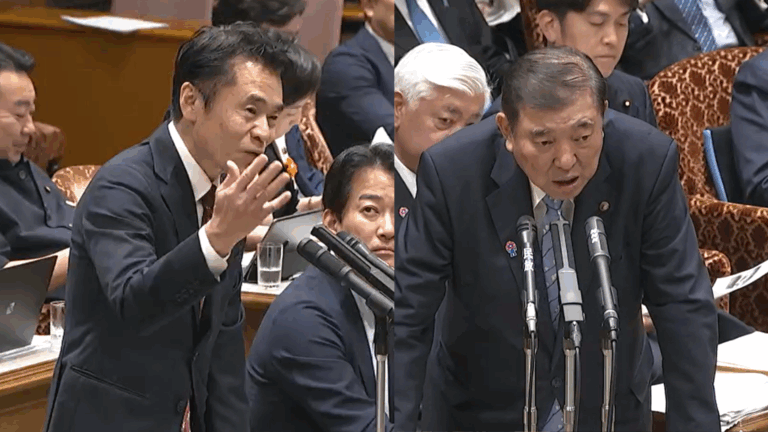From July 2021 to January 2022, ARCJ ran a 6-month campaign about eyestalk ablation in shrimp farming, thanks to a grant from Compassion in World Farming International.
The campaign’s objectives were:
- to raise awareness about shrimp eyestalk ablation
- to reduce farmed shrimp consumption
- to encourage aquaculture certification labels to prohibit eyestalk ablation
The target audiences were the general public and aquaculture certifiers like ASC and MEL.
Activities during the campaign:
- Commissioned internet-based public surveys at the beginning and the end of the campaign to measure the awareness levels and opinions regarding shrimps.
- Made an illustration and launched a campaign website, disseminating a press release to 30 media outlets.
- Designed an advert and inquired subway/train/bus stations throughout Japan (none accepted our ad), and explored many other possibilities like post offices and street signs via ad agencies, which itself served as an outreach opportunity.
- Meanwhile in August and September, ran internet ads instead, including Google, Facebook, Instagram, and Twitter.
- Made 200 poster prints of the ad, and had supporters put them up throughout Japan. (Still more left!)
- Found a digital billboard company that accepted a revised version of our ad, which we ran between Nov 1 and Jan 16 for 1-2 weeks at each of 8 locations in the 5 largest cities in Japan.
- Held at least 5 public outreach street actions with posters, videos, and speeches about shrimp eyestalk ablation (much less than planned due to COVID restrictions).
- Wrote an article about farmed shrimp welfare, published on a sustainable business magazine and on Yahoo news (attracting 216 comments).
- Had supporters send opinions to aquaculture certifiers like ASC and MEL, and to farmed shrimp retailers like Alter-Trade Japan.
- Held a meeting with Global Seafood Alliance’s Market Development Coordinator for Japan to discuss potential shrimp eyestalk ablation criterion in their BAP certification.

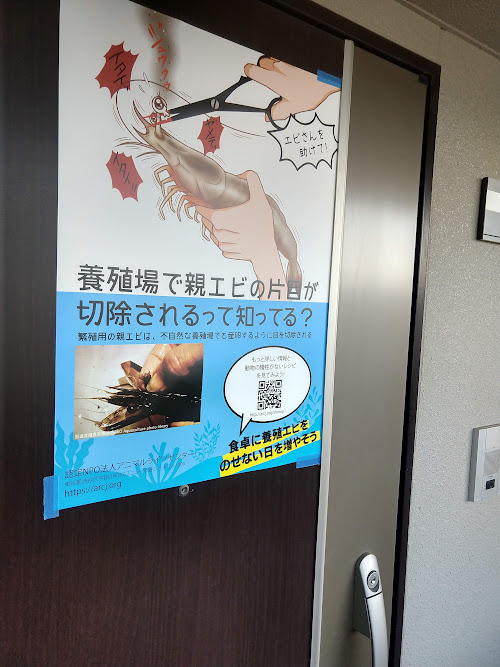


Outcomes
Estimated 3-10 million people have been reached by this campaign, including:
- Survey takers: 2,884+2,934
- Webpage views: >10,000
- Google Ads (9/22-29): 524,583 displays, 2,997 clicks (¥0.1 / display)
- Social media reaches:
| Date | Facebook reaches | Instagram reaches | Twitter impressions |
| 8/4 | 16,634 (¥0.5/reach) | 25,233 | 48,371 (¥0.4/impr.) |
| 8/20-26 | 8,802 | 14,188 | 4,197 |
| 9/7-8 | 2,659 | 11,854 | 1,400 |
| 9/21-22 | 13,705 (¥0.8/reach) | 18,740 (¥0.6/reach) | 8,310 (¥1.2/impr.) |
| 10/4 | 1,428 | 19,256 | 8,100 (¥1.5/impr.) |
| 10/10 | 2,454 | 1,219 | |
| 11/9 | 2,431 | 8,932 | 1,898 |
| 11/16 | 2,689 | 10,827 | 1,143 |
| 11/22-23 | 1,880 | 14,212 | 1,018 |
| 11/30 | 1,641 | 5,332 | 1,545 |
| 12/17 | 1,394 | 6,612 | |
| 12/21-22 | 2,088 | 5,162 | 2,287 |
| 12/24 | 1,194 | 4,578 | 1,124 |
| 1/5 | 1,360 | 1,905 | |
| Total | 57,905 FB reaches | 146,831 IG reaches | 80,612 TW impressions |
Digital billboards


| Dates | Frequency | Impressions* | Cost | Location |
| 11/ 1 – 11/14 (2 wk) | 8/hr | 1,369,000 | $ 685 | Fukuoka |
| 11/15 – 11/28 (2 wk) | 8/hr | 1,844,000 | $ 890 | Osaka |
| 11/22 – 11/28 (1 wk) | 8/hr | 1,485,000 | $ 890 | Nagoya |
| 11/29 – 12/12 (2 wk) | 8/hr | 1,809,000 | $ 890 | Shimokitazawa Station |
| 12/13 – 12/26 (2 wk) | 8/hr | 2,536,000 | $1232 | Shibuya |
| 12/20 – 1/ 2 (2 wk) | 8/hr | 1,266,000 | $ 616 | Shinjuku |
| 1/ 3 – 1/ 9 (1 wk) | 8/hr | 1,790,000 | $1095 | Okubo Station |
| 1/10 – 1/16 (1 wk) | 4/hr | 1,083,000 | $ 685 | Sapporo |
| Total | 13 weeks | 13,182,000 | $6982 | 8 locations |
Based on our surveys in July and January with identical questions, the awareness of eyestalk ablation increased from 9.7% to 11.8%, and of shrimp’s ability to suffer from 23.8% to 25.8%. 2% of the population equates to roughly 3 million people. More detailed results are published here.
Selected findings
- In Japan, about ¾ of the people seem to think shrimps cannot feel suffering; at least about half of the people seem to think fishes cannot feel suffering. We will keep this in mind as we formulate our messaging about crustaceans and other aquatic animals.
- In Japan, younger people seem more aware of aquaculture issues, but surprisingly, they seem to have less desire to solve them (except 15-19 year olds, who still have hope). We’d like to target the teens more to empower them to know that their choices can make differences.
- Even slightly graphic or scary expressions in adverts are difficult to get accepted by most advertising agencies in Japan. We will keep this in mind as we consider future adverts. Because we had to significantly soften our ad design (we had to remove from the illustration the scissors, the smoke, the human hand grabbing the shrimp, and the expressions like “ouch” and “stop” coming from the shrimp), our billboard ad was not as effective as it could have been.
Reactions
- Many people were impressed with the public billboards as it may be the first time that any farm animal welfare issue has been displayed so prominently in public in Japan. They commended our initiative and asked about the funding, which we attributed to CIWFI.
- Many people were also shocked and appalled that humans had such a horrific thought of removing the eyes.
- Some regret that they neglected shrimps for so long, but now see the importance.
Summary
This grant funded project made a significant difference as this was the first time we were able to run a campaign specifically about farmed aquatic animals. Without the grant, we had not been able to run campaigns with such visibility, especially as publicly displayed adverts are often prohibitively expensive — the cost makes us reluctant to spend so much of our supporters’ donations. By carrying out this campaign, we were able to show that ARCJ takes the welfare of farmed aquatic animals seriously, not just livestock animals, which have been our top priority.
In Japan, not many other projects at all have focused on farmed aquatic animals so far. Allowing us to take this initiative as the leading animal protection organisation in Japan should have sent a signal to the public and the industry that this often neglected area is an important issue.
In particular, we were able to contribute to increasing by at least 2% the awareness that shrimps can experience suffering.
- The awareness about shrimp eyestalk ablation has increased by at least 2%.
- As almost 40% of the survey respondents said they want to reduce shrimp consumption after seeing the campaign messaging, we estimate that shrimp consumption decreased among about 1% of the population.
- We were able to start a dialogue with Global Seafood Alliance in relation to its Best Aquaculture Practice certification.
Going forward
- Our campaign website and related articles will remain.
- We will continue to make posts about farmed shrimps, using the hashtag #エビの命も大事 (“shrimps’ lives are important, too”).
- We still have a stock of printed weather-proof posters, which we will continue to distribute to supporters who will put them up.
- We will continue to use the signs we made in street outreach and other events.
- We will continue to communicate with the Global Seafood Alliance, ASC, MEL, and other potential certifiers.


